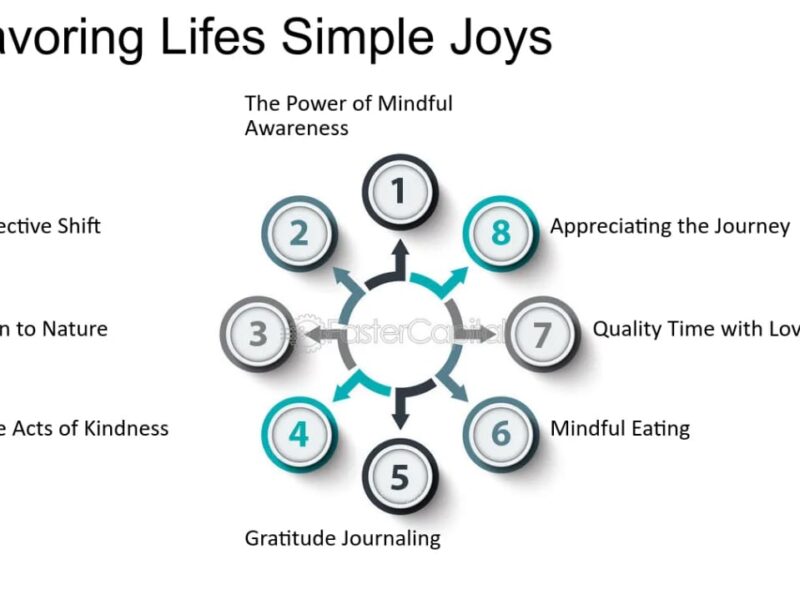In the modern world, it’s easy to become overwhelmed by a packed schedule. Between work, social obligations, and personal tasks, our time can quickly be consumed by things that aren’t aligned with our values or goals. Minimalist living advocates for simplifying your schedule to focus on what’s truly important.

A. Identify Your Priorities
Is it your family, your career, your health? Once you’ve identified your top priorities, assess your current schedule. How much time are you dedicating to activities that don’t align with your values? By cutting out or delegating non-essential tasks, you can create more time for what truly matters.
B. Say “No” More Often
Learning to say no is a powerful tool in minimalist living. While it can be difficult to turn down requests from friends, family, or colleagues, saying no to things that don’t serve your goals is essential to protecting your time. Each commitment you take on should be intentional, adding value to your life rather than detracting from it.
C. Incorporate Downtime into Your Routine
Minimalism isn’t just about cutting back on material possessions; it’s also about reducing mental clutter. Incorporate time for rest, relaxation, and reflection into your daily routine. Whether it’s meditating, going for a walk, or simply doing nothing, creating space for downtime is crucial for mental and emotional well-being.
Morning Rituals for a Positive Start
Your morning sets the tone for the day, making it an ideal time to establish self-care practices. Here are a few simple rituals to begin your day positively and mindfully:
Mindful Morning Meditation
Starting your day with 10-15 minutes of meditation can provide mental clarity and emotional stability. This practice reduces stress, enhances focus, and promotes overall well-being. Incorporating mindful breathing exercises can also help calm the nervous system, easing tension and anxiety.
Hydration and Nourishment
After a night’s rest, your body needs hydration. Drinking a glass of water first thing in the morning kickstarts your metabolism and flushes out toxins. For added benefits, consider infusing your water with lemon or cucumber. Following this with a nutritious breakfast rich in protein, fiber, and vitamins fuels your body and mind for the day ahead.
Gentle Movement and Stretching
Engaging in light physical activity in the morning can energize you and improve your mood. You don’t need a rigorous workout; gentle stretching, yoga, or a short walk can increase blood flow, enhance flexibility, and release endorphins—natural mood boosters.

Midday Self-Care Practices to Recharge
The middle of the day often brings a dip in energy and an increase in stress, especially during a busy workday. Incorporating small self-care rituals can help you reset and maintain balance:
Digital Detox Break
In our digital age, we’re constantly bombarded with notifications and screen time. Taking a break from technology for 10-15 minutes during your lunch can be a powerful self-care practice. Use this time to connect with nature, enjoy a mindful meal, or practice deep breathing exercises. This break reduces eye strain and enhances mental clarity for the rest of the day.
Power Naps or Relaxation
If you experience a dip in energy, a short nap or relaxation session can work wonders. A 10-20 minute power nap can rejuvenate your mind and body, enhancing focus and productivity. If napping isn’t feasible, try a brief relaxation exercise, such as deep breathing or progressive muscle relaxation, to recharge without falling asleep.
By integrating these self-care rituals into your daily routine, you can cultivate a sense of balance and well-being amidst the chaos of modern life.



